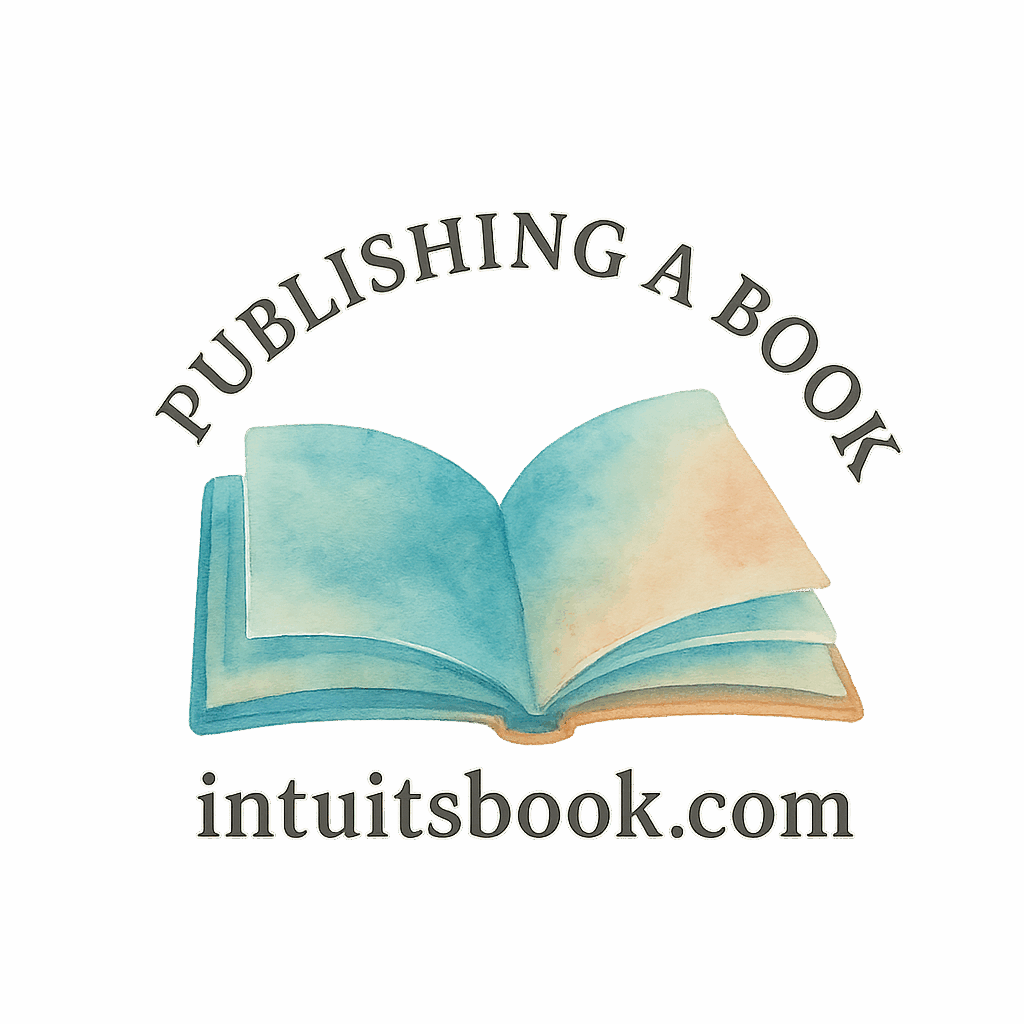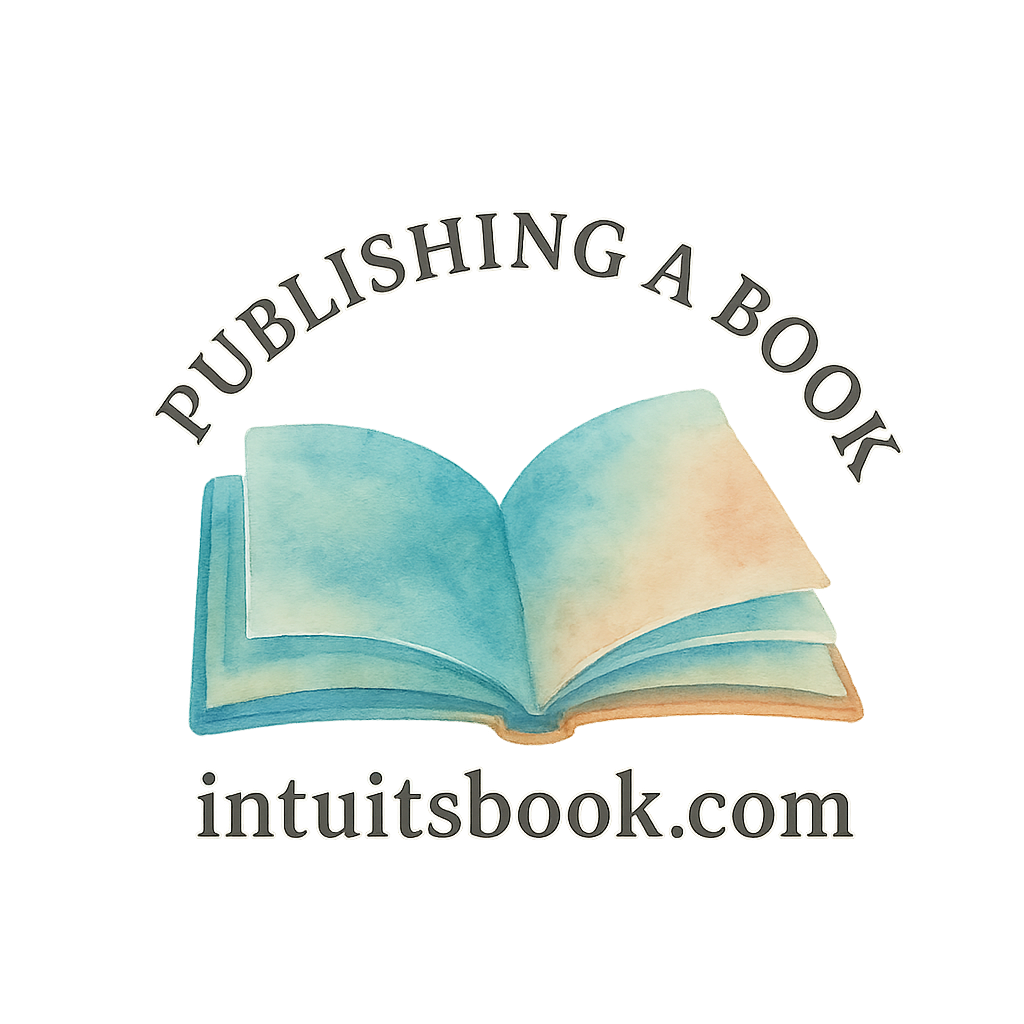Introduction
Self-publishing has opened the doors for countless authors to bring their stories to life without waiting for a big publishing house. But writing and publishing are just the beginning. To truly succeed, you need to partner with book retailers who can help get your work in front of readers. Whether you’re looking at online giants, independent bookstores, or hybrid distribution, partnering smartly can make or break your success.
Why Partnering with Book Retailers Matters for Self-Published Authors
The Growth of Self-Publishing
Over the past decade, self-publishing has exploded. Thanks to platforms like Amazon KDP and other digital tools, authors can bypass traditional gatekeepers and publish their books directly. But with millions of new titles released every year, standing out requires more than just uploading your manuscript.
The Role of Retail Partnerships in Author Success
Book retailers—both online and offline—give your work visibility. They provide distribution, credibility, and the chance to connect with readers where they shop. Without retail partnerships, your book risks being invisible in a sea of titles.
Tip 1: Know Your Target Retailers
Research Local vs. Global Retailers
Before jumping in, ask yourself: do you want to focus locally or globally? Local bookstores can help you build a loyal fan base in your community, while global retailers expand your reach. Exploring both allows you to balance personal connections with worldwide distribution.
Matching Retailers with Your Genre
Not every retailer suits every book. For instance, if you’ve written romance, big-box online stores might be your best bet. If you’ve created a niche history book, indie shops may appreciate the specificity. Aligning with retailers who already sell books like yours makes acceptance much easier.
Tip 2: Craft a Professional Author Brand
Why Branding Matters in Retail Partnerships
Retailers want to partner with authors who look professional. Your author brand is your reputation. It tells booksellers you’re serious and trustworthy, which increases your chances of being stocked.
Elements of a Strong Author Brand
- A polished author photo
- A clear website showcasing your writing process
- Consistent social media presence
- Professional book covers and blurbs
These small touches make a big difference when approaching a bookstore or retailer.
Tip 3: Create a High-Quality Book Product
Polished Manuscript and Cover Design
Your book must look as good as anything coming from a traditional publisher. Retailers won’t risk their reputation on amateurish covers or sloppy editing. This is where investing in editing, design, and even beta readers pays off.
Formatting Standards for Retail Readiness
Retailers require books to meet certain formatting standards. From ISBN numbers to barcodes, ensure your book is retail-ready. Check out resources like publishing hacks to streamline the process.
Tip 4: Build Relationships with Independent Bookstores
Approaching Indie Bookstores Professionally
Independent bookstores are often open to stocking self-published titles—if you approach them correctly. Come with a professional pitch, copies of your book, and a wholesale discount offer.
Hosting Local Author Events
One powerful way to get your foot in the door is by offering to host a local reading, book signing, or workshop. Bookstores love events that bring people into their shops, and you get direct exposure to readers.

Tip 5: Leverage Online Retail Platforms
Amazon KDP and Alternatives
Amazon is the giant in the room, but don’t stop there. Explore other platforms like Kobo, Apple Books, and Barnes & Noble Press. Going wide instead of exclusive increases your reach.
Wide Distribution Strategies
Consider working with distributors like IngramSpark, which helps you reach libraries and independent stores worldwide. Pair this with effective book marketing to maximize your sales.
Tip 6: Offer Competitive Pricing and Discounts
Understanding Retailer Pricing Models
Retailers usually take a cut—often 40–55% of the retail price. Price your book with this in mind so you still earn profit while offering a fair deal.
Seasonal Promotions and Discounts
Think like a retailer: run discounts during holidays, back-to-school seasons, or summer reading campaigns. Special promotions not only attract readers but also entice retailers to feature your book more prominently.
Tip 7: Utilize Marketing and Promotion Strategies
Book Marketing That Appeals to Retailers
Retailers prefer authors who actively promote their books. If you show you’re investing in promotion, they’ll be more likely to carry your title. Use strategies like press releases, blog tours, and social media campaigns.
Effective Author Tools for Promotion
Use platforms and author tools to streamline your efforts. From email marketing services to scheduling apps, tools can make your promotions more consistent and impactful.
Tip 8: Be Open to Traditional and Hybrid Models
Combining Self-Publishing with Traditional Publishing
You don’t have to choose one path. Some self-published authors eventually get picked up by traditional publishing houses once they prove their sales potential.
Hybrid Paths for More Reach
Hybrid publishing allows you to enjoy the freedom of self-publishing while leveraging the distribution power of traditional publishers. This flexibility can open more retail opportunities.
Tip 9: Stay Educated and Keep Adapting
Publishing Courses and Resources
The publishing world evolves constantly. Keep learning through publishing courses, online webinars, and industry blogs.
Keeping Up with Publishing Trends
From AI tools to new retailer platforms, trends shift quickly. Staying updated ensures you’re always positioning yourself effectively in the market.
Conclusion
Self-publishing is empowering, but it doesn’t mean going it alone. Partnering with retailers—both online and offline—can take your book from a hidden gem to a bestseller. By building strong relationships, presenting yourself professionally, and staying adaptable, you can maximize your chances of success. The tips above aren’t just theory; they’re practical steps to help you thrive as an independent author.
FAQs
- How do I approach a bookstore about carrying my self-published book?
Prepare a professional pitch, provide a sample copy, and offer wholesale discounts. - Can self-published authors get into big retailers like Barnes & Noble?
Yes, especially if you use distribution platforms like IngramSpark. - Do I need an ISBN to sell through retailers?
Yes, most retailers require a valid ISBN for cataloging and sales. - Is Amazon the only option for self-publishing?
No, alternatives like Kobo, Apple Books, and traditional publishing also exist. - How can I make my book stand out to retailers?
Focus on professional design, quality content, and active marketing. - What’s the difference between self-publishing and hybrid publishing?
Self-publishing gives you full control, while hybrid publishing blends independence with traditional support. - What are the best resources for learning more about publishing?
Explore learn-to-publish resources and author education guides to stay informed.


